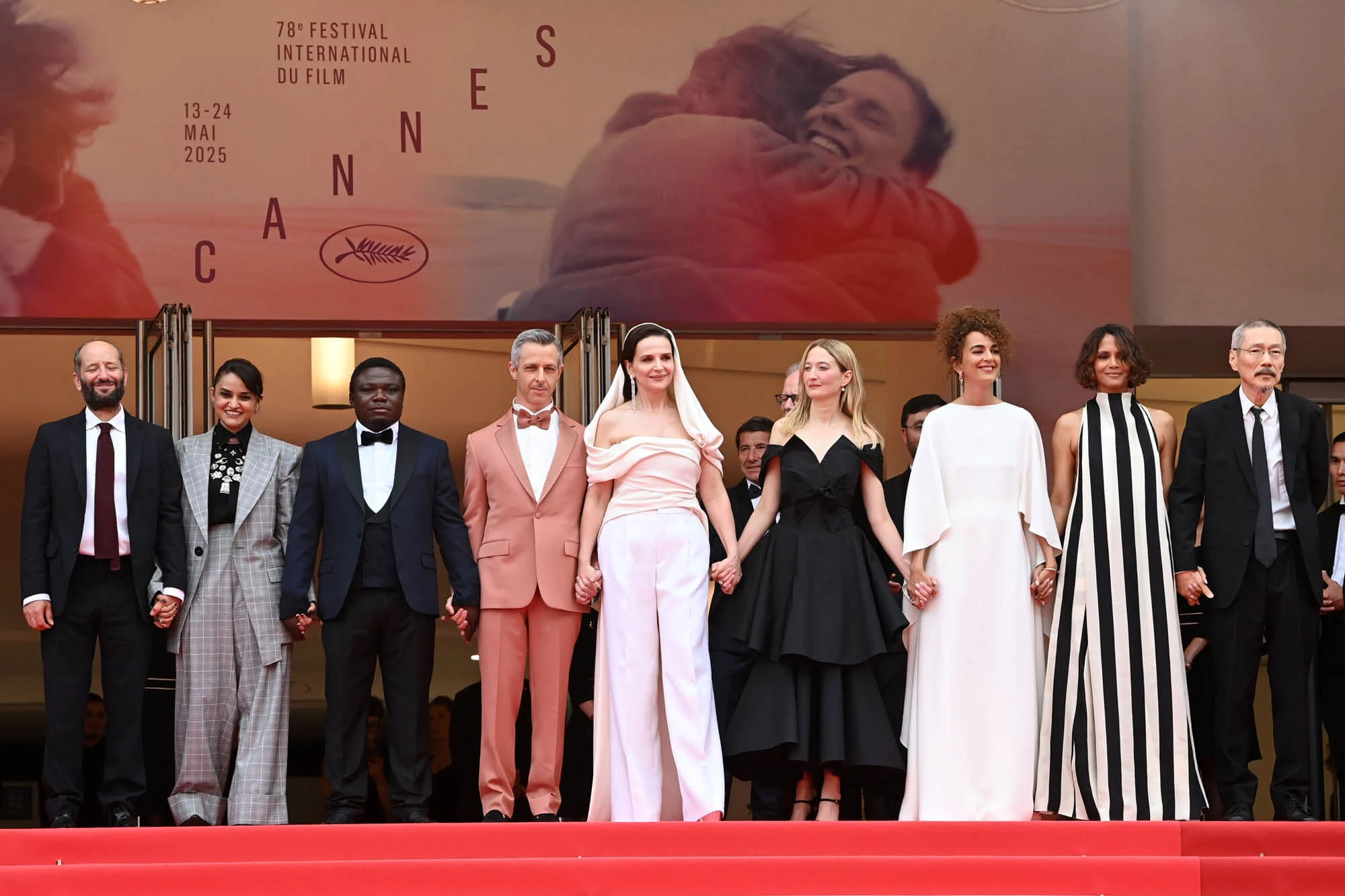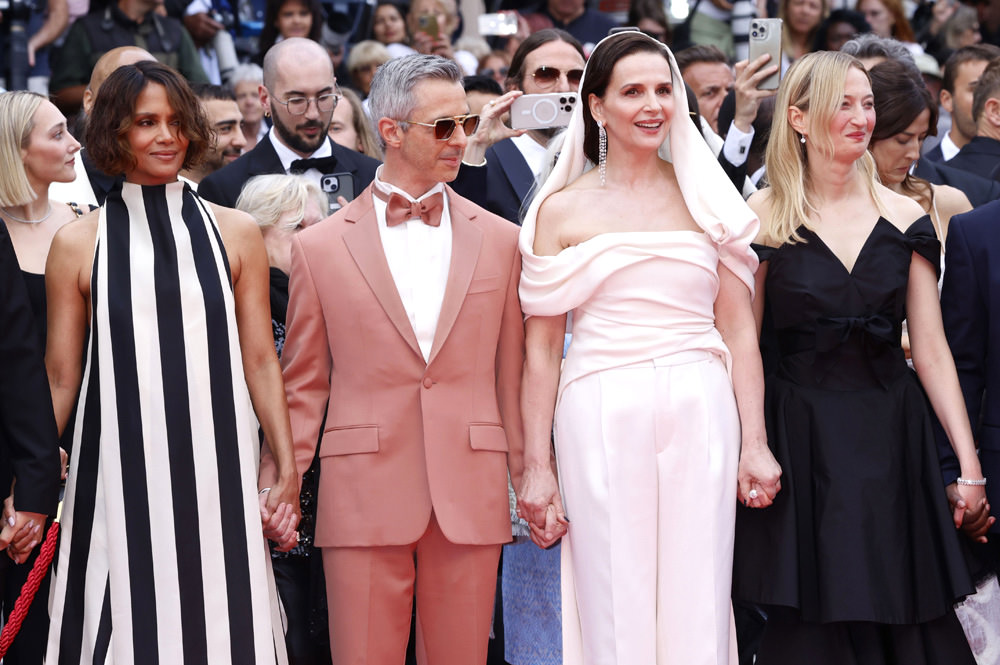In the May sunshine of the Côte d’Azur, the Cannes 2025 Film Festival kicked off for the 78th time – an event that for decades has brought together cinema’s most important names, high-end fashion and the enduring glamour of the red carpet. But what is Cannes today? Is it still a temple to the art of filmmaking, or is it more of a lavish haute couture show? Or perhaps both?
Juliette Binoche – a chairwoman who knows Cannes inside out
This year, Juliette Binoche – an icon of French and world cinema – was the chairwoman of the jury. This is a symbolic choice. The actress made her debut at Cannes exactly 40 years ago. Today, with a baggage of artistic successes and prestigious awards (including a unique triumph at three of Europe’s most important festivals – Cannes, Venice and Berlin), she leads the international jury evaluating 22 films competing for the Palme d’Or.
–Cannes is not just a competition – it is a place where cinema confronts the world and its anxieties, Binoche said at the opening ceremony.
History and prestige: Cannes as the world barometer of cinema
The Cannes Film Festival was born in 1946 as a response to the propaganda abuses of cinema during the war. Since then it has become one of the most important cultural events of the globe. Here Tarantino’s Pulp Fiction was discovered, here Haneke’s “Amour” or Bong’s “Parasite” were shown for the first time. Today, the Palme d’Or award is a symbol of artistic triumph, but also, paradoxically, a passport to commercial success.
But is Cannes 2025 still setting directions, or is it celebrating itself?
Fashion, red carpet and. 200 hours of sewing a Dior gown
It’s hard to talk about Cannes without mentioning its other – more lavish – face. The red carpet is almost a separate spectacle: gowns from Chanel and Valentino, jewelry for hundreds of thousands of euros, styles commented on by Vogue and Fashion Week Daily. Juliette Binoche herself at the opening impressed in a Dior gown that took… more than 200 hours.
Bella Hadid, Léa Seydoux, Julia Garner, Tilda Swinton – Cannes is not only a cinema for them, but also a catwalk. For the media – a source of images that will circulate the world faster than any movie trailer.
Clashing perspectives: filmmakers, celebrities and audiences
For filmmakers – Cannes is still a culminating moment. For actors – a chance for an international breakthrough. And for critics – a barometer of moods and artistic trends. But there is no shortage of skeptics, either.

–Cannes is the elite for the elite. For the average viewer, it’s a place where the world of film becomes even more inaccessible – comments one French critic anonymously.
For festival enthusiasts, on the other hand, it is this elitism that is the festival’s strength. Cannes is not looking for the mainstream – it is ahead of it.
The question for today: what does Cannes 2025 mean in the 21st century?
Is Cannes 2025 still the birthplace of tomorrow’s cinema, or rather a cultural relic of a golden era? Does the red carpet help the film or overshadow it? Or is this tense balance between art and luxury the very essence of Cannes – a festival that constantly flirts with paradox?
One thing is certain: in 2025 Cannes is not losing its relevance. The Palme d’Or continues to electrify. And the world – although increasingly digital and distracted – looks to the Côte d’Azur once a year with inextinguishable admiration.





